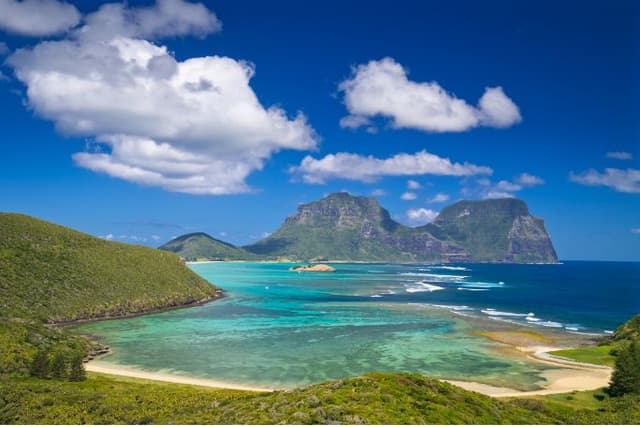
Lord Howe Island - Community Led Biosecurity
Lesson2 of 4 in this unit
SecondaryYear 7 - 8ScienceHumanities and Social SciencesGeographyEnvironmentalBiodiversityConservationLand Management
Summary
Lesson Guides and Printables
Lesson Plan

Student Worksheet

Teacher Content Info
